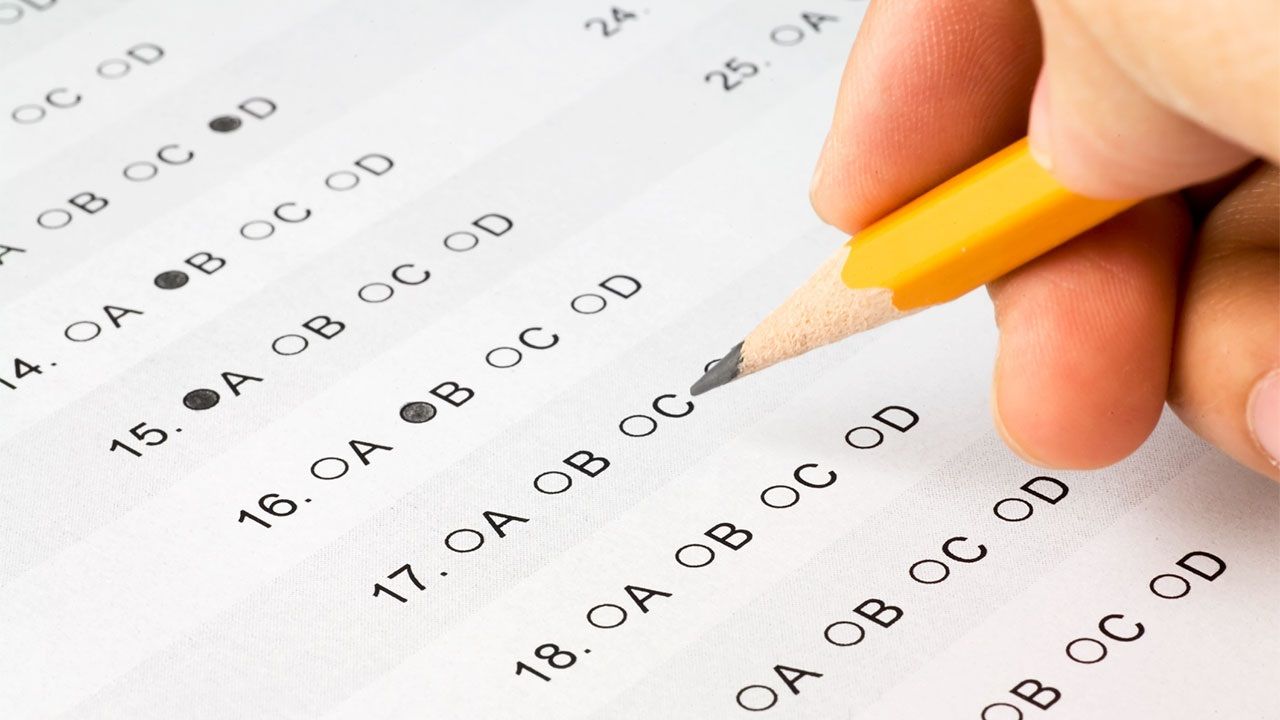E.P.A. to Limit Science Used to Write Public Health Rules
A new agency rule would restrict the science that can be used in drafting health regulations by requiring researchers to turn over confidential health data.
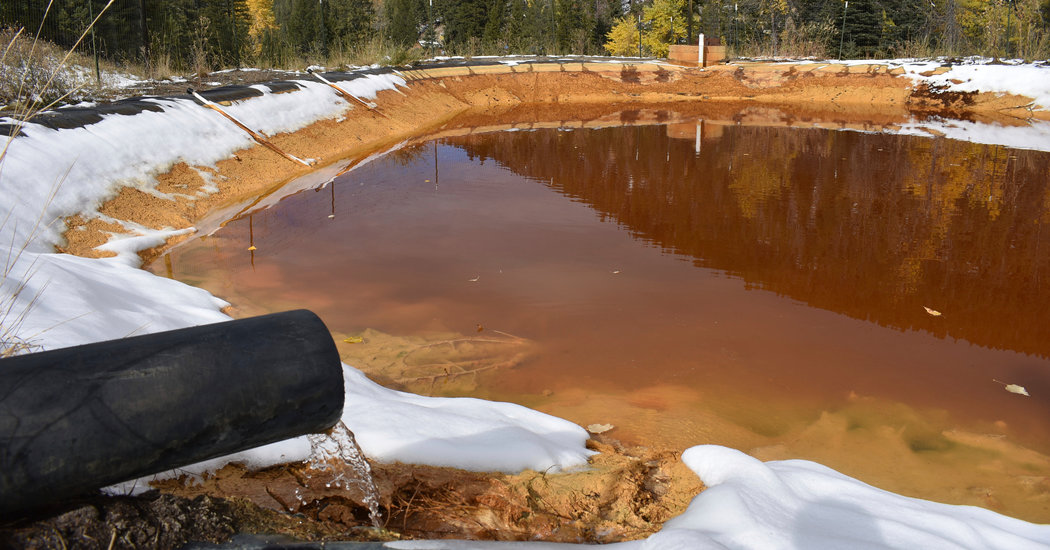
Send us a link
A new agency rule would restrict the science that can be used in drafting health regulations by requiring researchers to turn over confidential health data.

The U.S. health care system uses commercial algorithms to guide health decisions. Obermeyer et al. find evidence of racial bias in one widely used algorithm, such that Black patients assigned the same level of risk by the algorithm are sicker than White patients (see the Perspective by Benjamin). The authors estimated that this racial bias reduces the number of Black patients identified for extra care by more than half.
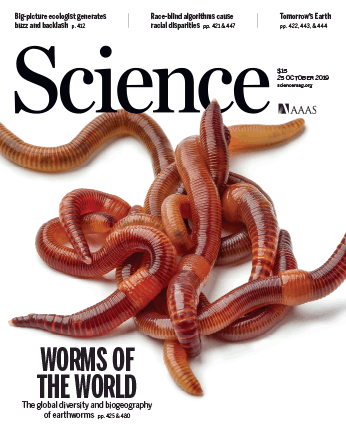
President Trump revived the President’s Council of Advisors on Science and Technology on Tuesday after nearly two years without it.
Democrats drop some provisions to gain Republican backing and improve chances of final passage of the scientific integrity bill.
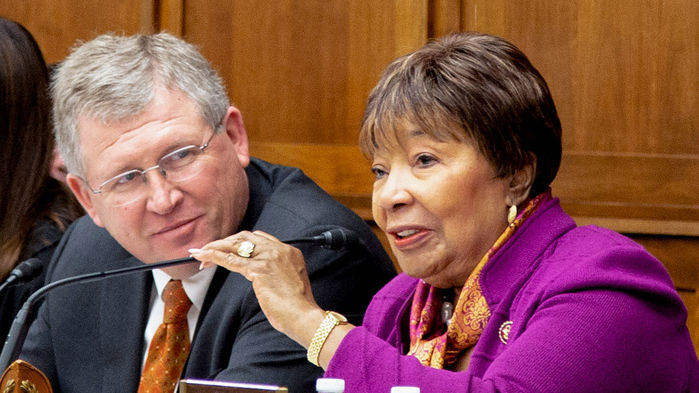
Nearly a week before the National Oceanic and Atmospheric Administration publicly backed President Trump over its own scientists, a top NOAA official warned its staff against contradicting the president. This happened hours after Trump asserted, with no evidence, that Alabama "would most likely be hit (much) harder than anticipated" by hurricane Dorian, and days before he showed a hurricane map modified with a hand-drawn, half-circle around Alabama.
The Trump administration is limiting scientific input to the 2020 dietary guidelines, raising concerns among nutrition advocates and independent experts about industry influence over healthy eating recommendations for all Americans.
Changes to the United States' landmark conservation law make it easier to strip threatened species of the strongest protections.
A growing chorus of researchers wants to study gun violence in the U.S. as a public health issue, similar to the way they have tracked automobile or workplace safety for decades.
The long-standing debate over open access to research results has been marked by a geographic divide - but the divide is starting to blur.
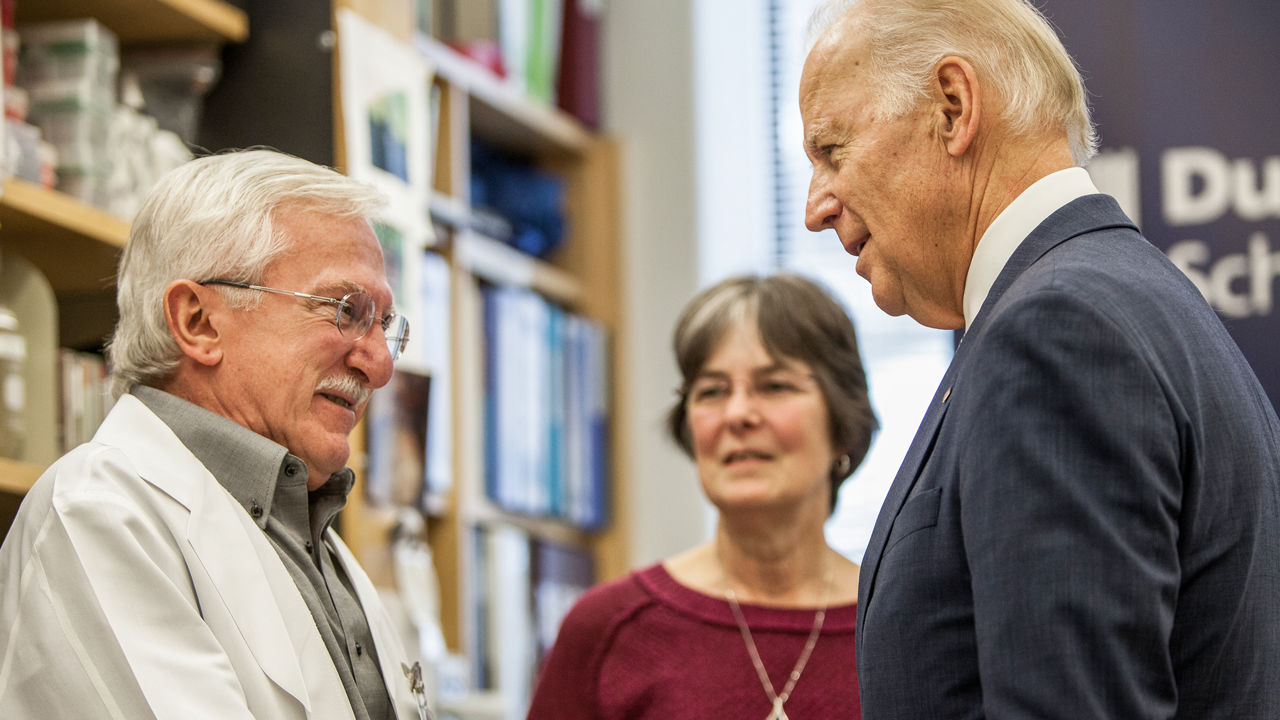
The Government Accountability Office found that the administration "did not consistently ensure" that appointees to E.P.A. advisory boards met federal ethics requirements.
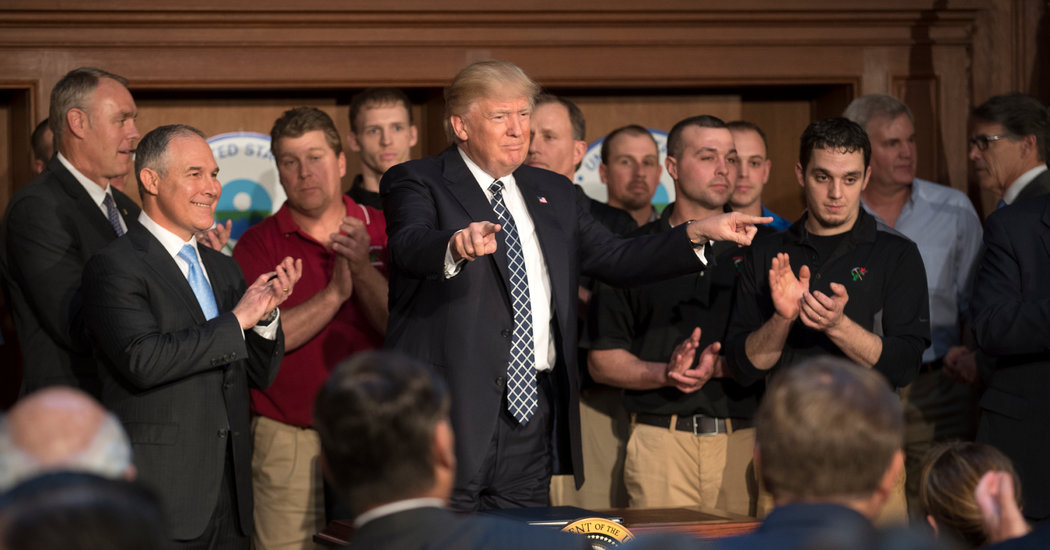
A handful of universities are trying to help more black and Hispanic students get into and through graduate school, where they enroll in disproportionately low numbers. This is a problem not only for the students, but for the schools themselves and for employers who need workers with graduate educations.
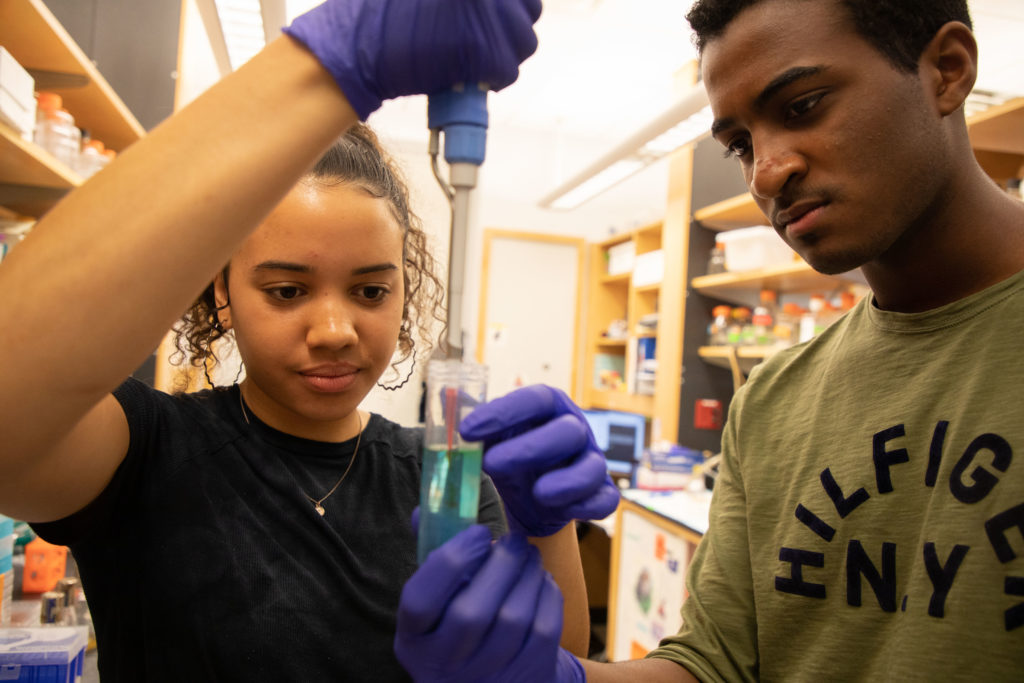
The Trump administration wants to disband a panel of national security advisors, the latest U.S. crackdown on science.
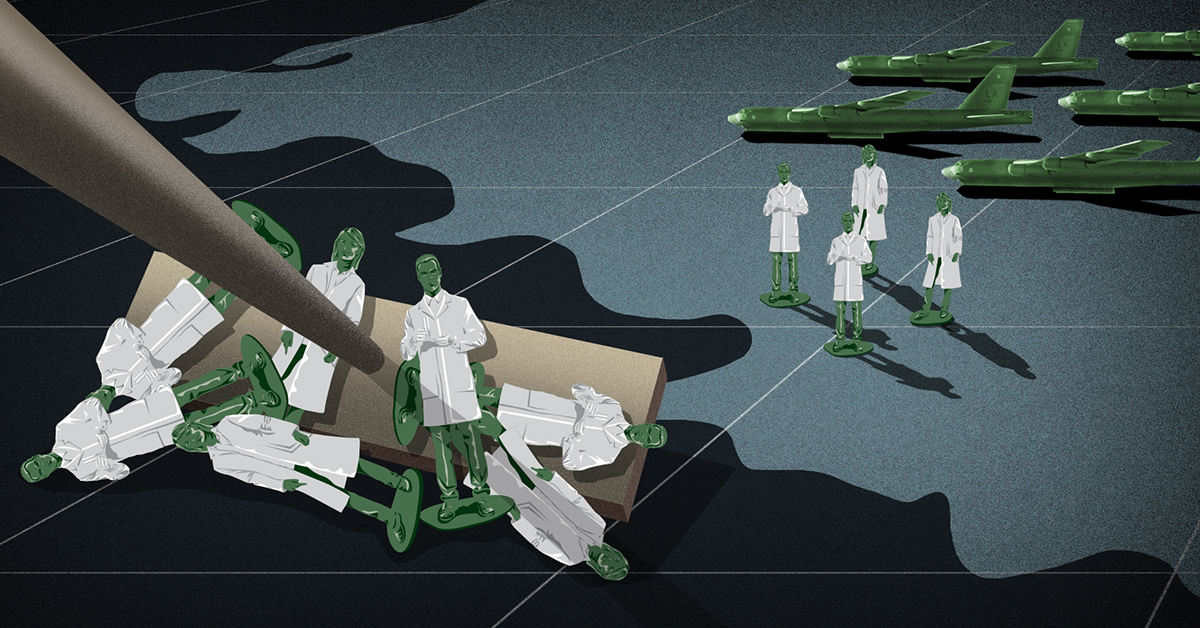
Until recently, few universities tried to replicate the Meyerhoff Scholars Program, aiming to increase diversity among future leaders in science, technology, engineering and related fields. But that's changing.
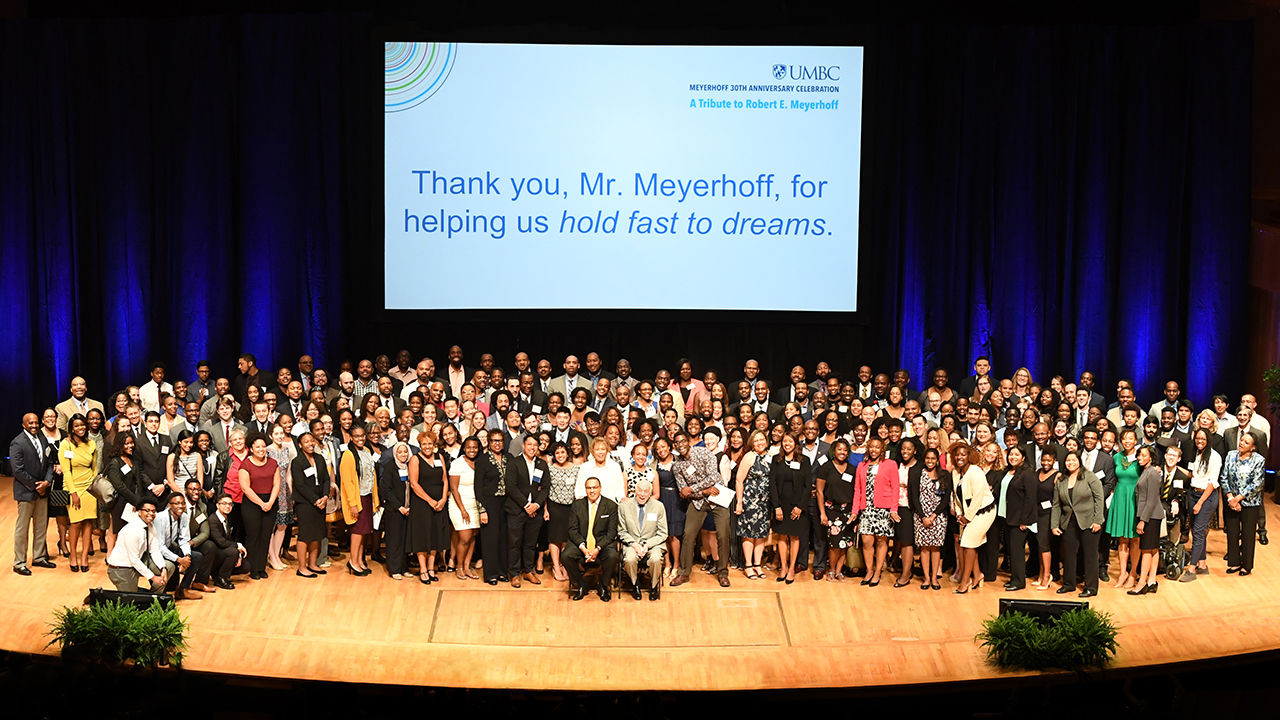
A Chinese scientist’s startup fled the U.S. after a federal investigation that included a failed sting, airport stops and an unfounded child-porn search.
We scientists must stand up for openness and fairness. Discriminating against someone because of their ethnicity, turning down a collaboration or refusing a visa for a conference on the grounds of nationality, or simply making someone feel unwelcome because they are an immigrant - these are all morally objectionable and practically counterproductive. Such behaviour must cease.
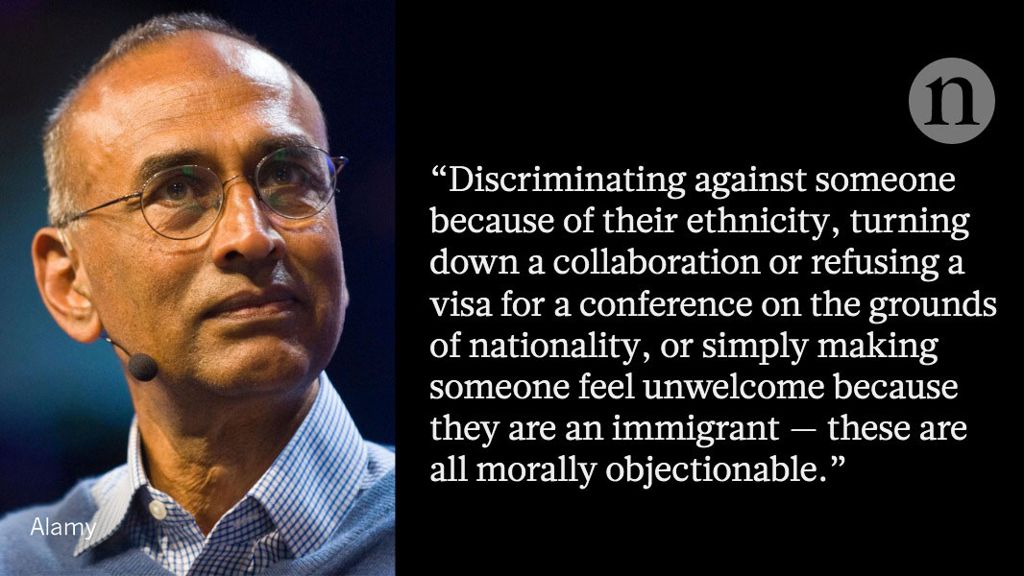
At the University of North Carolina, specialized counselors serve the school's biomedical Ph.D. students.

Researchers describe how a government crackdown on foreign influence is affecting them following a statement of support from their university.
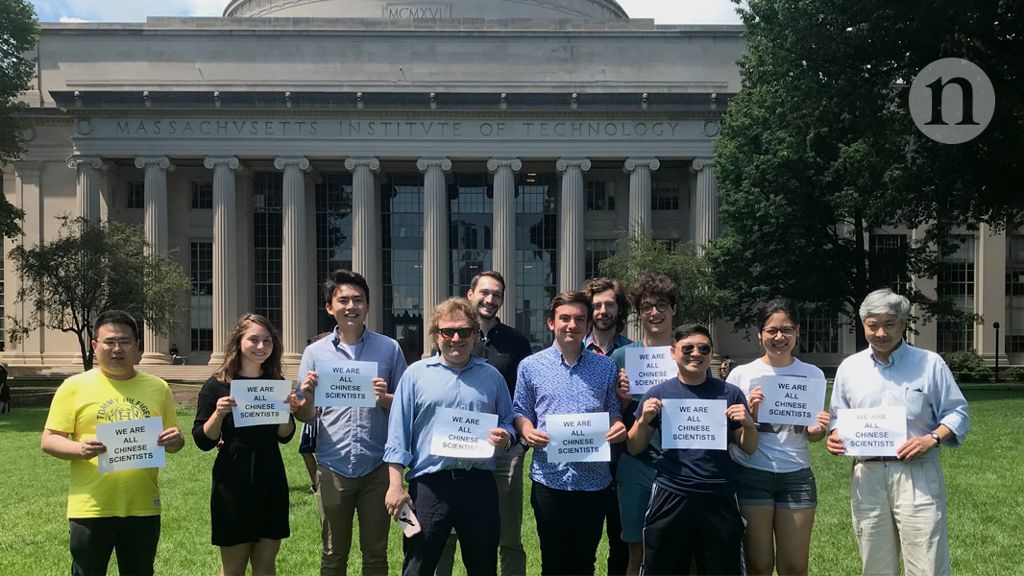
After near-death experience, top scientists seek a long-term home in the U.S. government.

The NIH and the FBI are targeting ethnic Chinese scientists, including U.S. citizens, searching for a cancer cure. Here's the first account of what happened to Xifeng Wu.
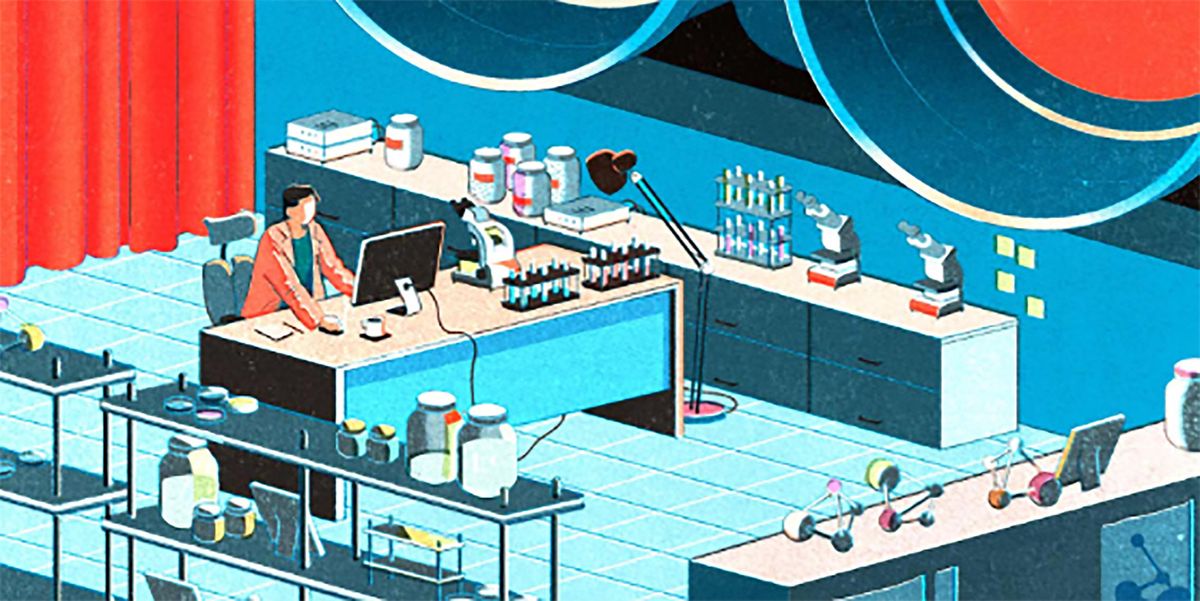
Asked by THE why taxpayers should not be able to immediately see the results of research they financed, Kelvin Droegemeier answered: 'They maybe should'
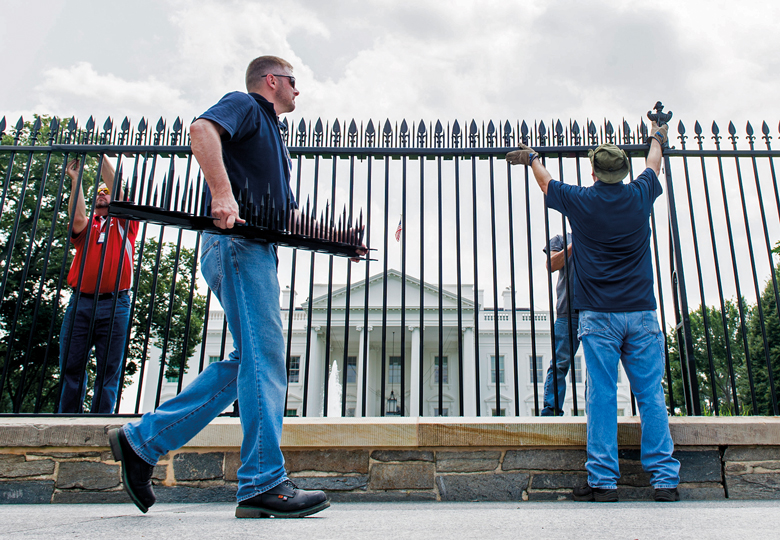
The standardized test normally required for graduate school entrance in the US is being dropped by an increasing number of science PhD programs, amid concerns about diversity and the test's predictive value.
